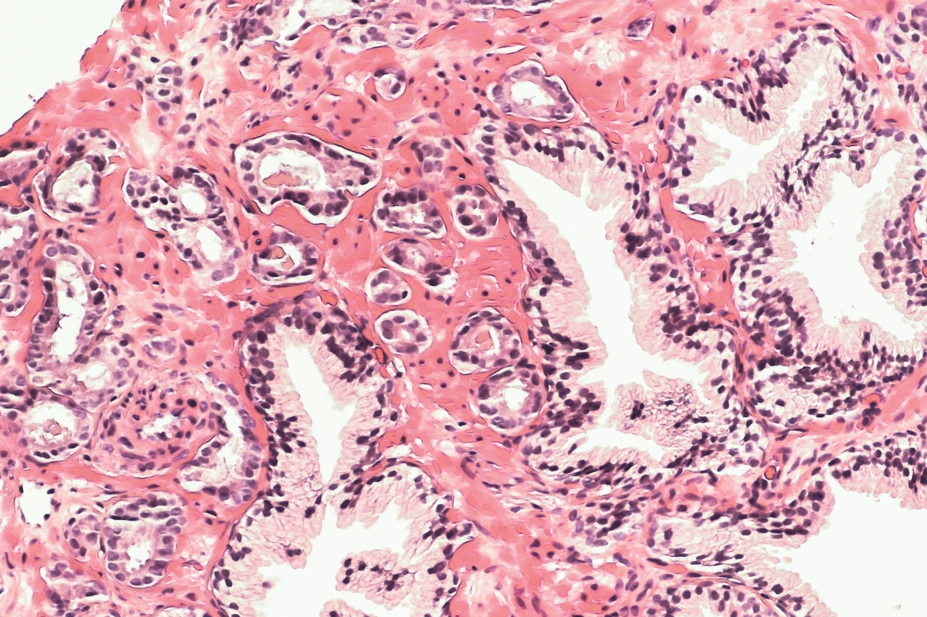
Shutterstock.com
Follow-up of patients who took part in the Prostate Cancer Prevention Trial showed that finasteride was not associated with an increased risk of death from the disease compared with placebo, as was previously thought[1]
.
In total, 18,882 men were randomly assigned to finasteride or placebo for seven years. Mortality data were extracted from a national database of deaths.
During median follow-up of 18.4 years, there were 42 (0.45%) deaths from prostate cancer in the finasteride group and 56 (0.59%) deaths in the placebo group. This equated to a non-significant 25% reduced risk of prostate cancer death.
In the original seven-year trial, finasteride was associated with a reduced risk of prostate cancer overall, but an increased risk of high-grade prostate tumours, which led to concerns that it would either increase mortality or have no effect on prostate cancer survival.
The researchers, who published the findings in the New England Journal of Medicine (24 January 2019), said these concerns were unwarranted and use of the drug could prevent men from undergoing invasive surgery or the anxiety of watchful waiting.
“The best-case scenario for patients is prevention, and this trial has found an inexpensive medication that gets us there,” said principal investigator Ian Thompson from the Santa Rosa Hospital Medical Center, San Antonio, Texas.
References
[1] Goodman P, Tangen C, Darke A et al. Long-term effects of finasteride on prostate cancer mortality. NEJM 2019. doi: 10.1056/NEJMc1809961


